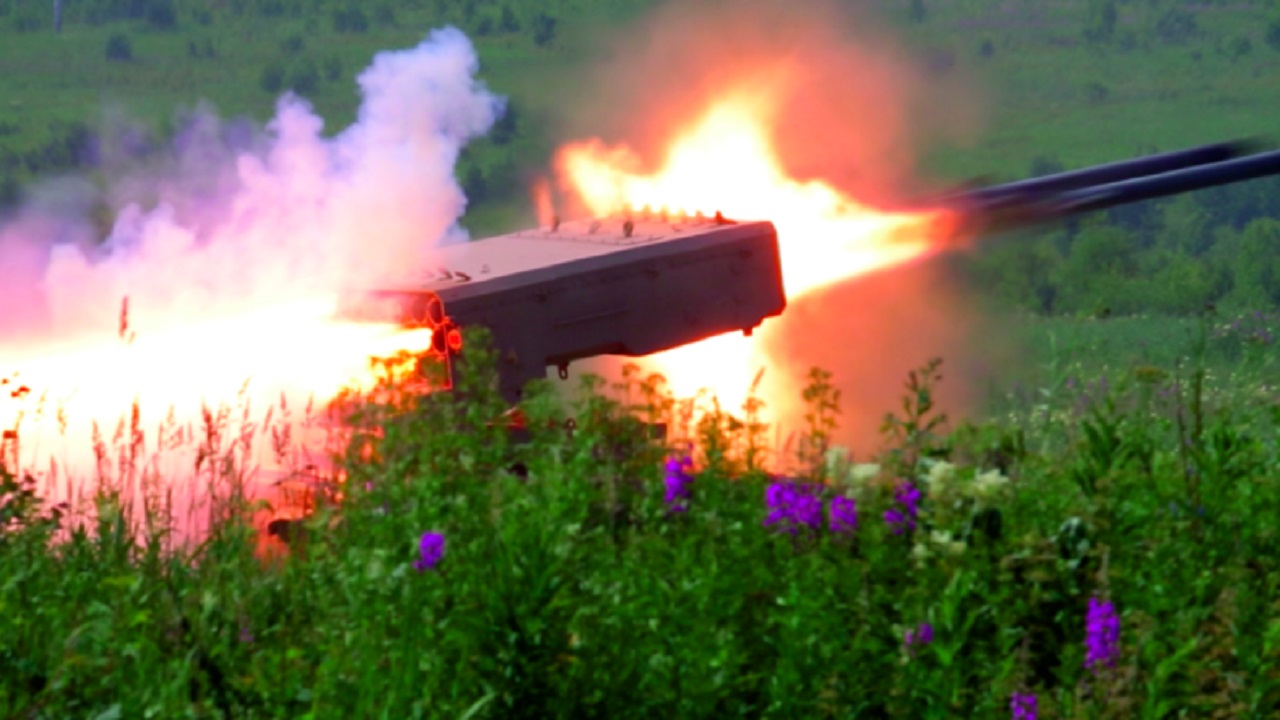While defense experts are working themselves into a froth over the recent gains Ukraine has made in the last several days, we should hold our applause for a moment and think about what this all actually means in the long run. As we need to be frank with ourselves: we have no idea what any of it means or if Kyiv’s recent string of victories will last, or what Russia will do about them.
Now, for the good news. Yes, for the moment, Ukraine has some insane momentum in its war against Russia; of this, there is no doubt. It seems Russian troops have been quitting, POWs are being collected by Kyiv, and it appears that the Russian military in many areas is in what looks like a full retreat.
But we need to ask a few questions. First, we should take stock of recent reporting coming out of the Washington Post that shows the cost of Ukraine’s offensive – both in military terms and in very personal and human terms. While it might not be in vogue to talk about – it’s more fun to talk about Russian losses, we get it – Ukraine is losing a lot of men and material to keep this offensive going. There is a fundamental question of how long Kyiv can sustain this tempo of operations. At some point, soldiers get exhausted, supply lines grow too long, and ammo runs low – especially if that ammo is coming from the West and taking time to reach the front or factories can’t keep up with unexpected demand.
Then there is the likely brutal Russian response – and I don’t think we are seeing the full impact of that just yet. I have been pretty shocked at how restrained Moscow has been in this war, thinking through all of the pieces of military hardware they could bring to bear. Moscow should be easily winning this war, but a combination of hubris, poor intelligence and planning, and thinking that NATO would never be willing to arm Ukraine to the extent that it has means Russia looks lost on the battlefield.
Of course, that does not mean Russia can’t turn this around. At what point does Putin throw caution to the wind and throw the total weight of Russia’s military at Ukraine? At what point does he say the hell with losing fighters and bombers to Kyiv’s air defenses and flood the sky with everything he has?
Then, and I think this is a critical point, is how involved and how far more involved the U.S. is getting in this conflict. Clearly, it is U.S. and Western arms, past and present training, and intelligence that is helping Ukraine not only go toe to toe – but now actually beat the mighty Russian Army. How long will Washington have the stomach for such a high level of involvement? What happens if Putin escalates and launches a strike on NATO supply hubs in, say, Poland or if a missile accidentally hits NATO territory from Russia by mistake? What then?
Right now, all I have is questions and very little room for happiness in this conflict. Yes, Ukraine has turned the corner, and that is to be celebrated, sure. But this war is far from over, and we should never get excited when a nuclear weapons state starts losing a conflict. A lot can go wrong, and options for escalation start to look mighty tempting for sure.
Update: A retired U.S. Marine Corps officer who has trained with Ukraine’s army wrote in a quick comment about the state of the war I thought worth including on background: “We should not be shocked if Putin decides to really start smashing Kyiv and major metropolitan centers with long-range missile attacks. Putin right now is on the back foot and won’t take this setback lying down. I would also assume he will lash out at the West and NATO, and that could mean a major cyber attack coming from a third-party nation that will allow him deniability but have his fingerprints on it. The bottom line is this will get worse before it gets better. We should pray, not cheerlead.”
Expert Biography: Harry J. Kazianis (@Grecianformula) serves as President and CEO of Rogue States Project, a bipartisan national security think tank. He has held senior positions at the Center for the National Interest, the Heritage Foundation, the Potomac Foundation, and Pacific Forum. Kazianis has also worked as a defense journalist, serving as Editor-In-Chief of the Diplomat and Executive Editor of The National Interest. His ideas have been published in the New York Times, Washington Post, Wall Street Journal, Newsweek, CNN, CNBC, and many other outlets across the political spectrum. He holds a graduate degree focusing on International Relations from Harvard University and is the author of the book The Tao of A2/AD, a study of Chinese military modernization.

